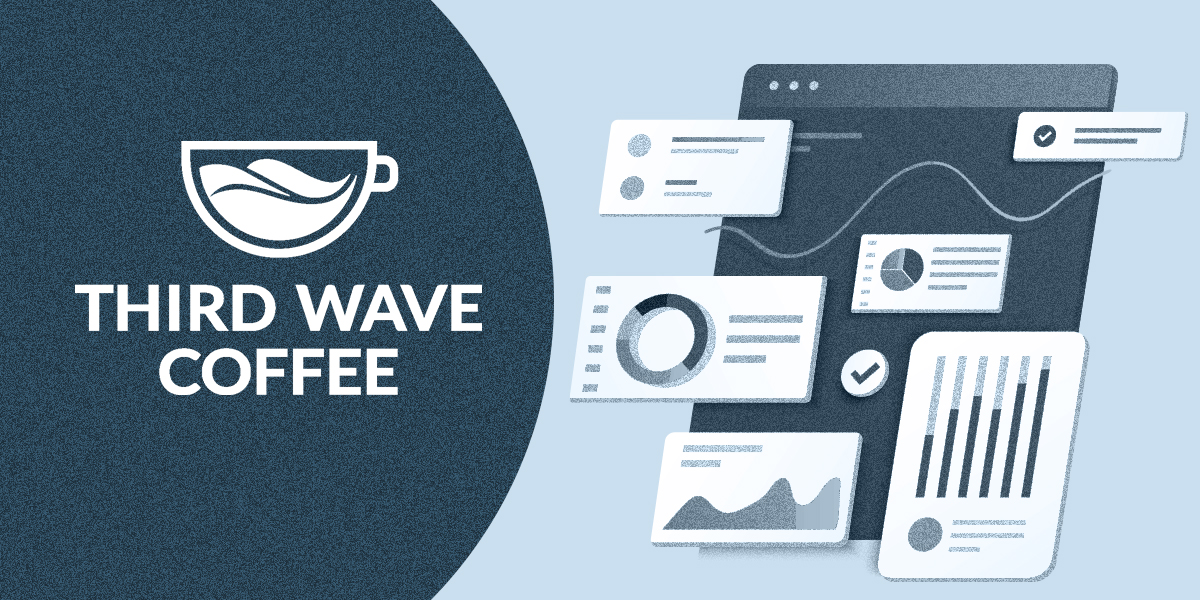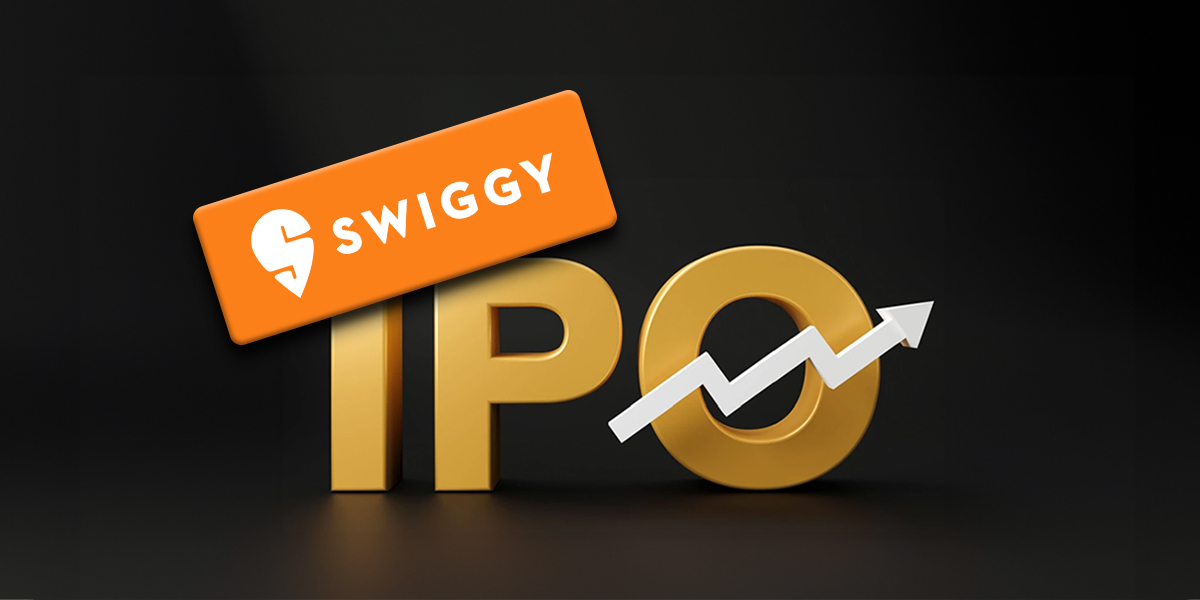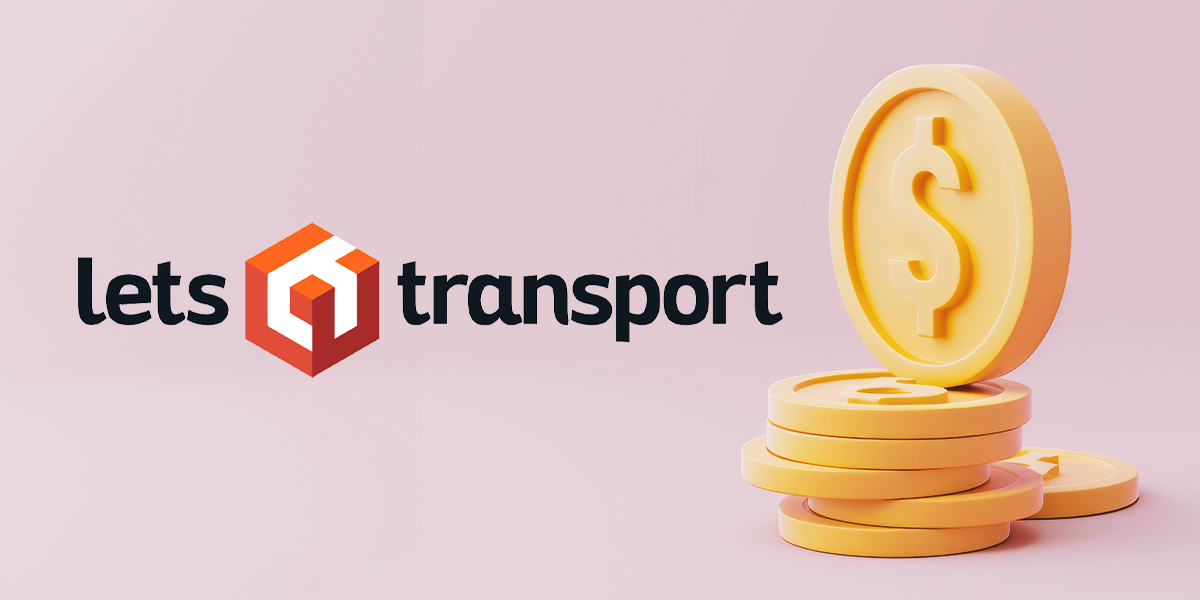The Karnataka High Court on Friday stayed an order issued last Thursday by the state’s transportation department that would have stopped services like Uber, Ola and Rapido from making auto rickshaws available on their platforms. We have reached out to Ola and Rapido for comment; Uber welcomed the decision in a statement provided to Entrackr.
According to a Moneycontrol report on the dictated order — which has not yet been published on the court’s website — the court gave the government and the aggregators until November 7th, the date of the next hearing, to find “common ground,” and allowed platforms to charge a 10% commission on fares until then.
The interim order on commissions may net the aggregators less than the flat fee they have been charging, but it pulls Uber, Ola and Rapido back from the brink of a prohibition on auto rickshaws on their platforms.
“[The order] recognises that auto drivers have the right to operate using aggregator platforms,” Uber said in a statement. “It also recognizes that platforms like Uber can charge a booking fee, which allows them to cover their costs and continue to provide their services.”
Capping commissions may threaten the “fledgling” industry of e-hailing cabs, the statement argued, adding that the company would “continue to engage with the government to find ways of regulating the sector in a way that allows for riders, drivers and platforms to benefit from technology that has truly transformed urban mobility.”
The state transportation department had ordered Uber, Ola and rapido last week to stop providing auto rickshaws on their platforms, based on complaints that there was overcharging going on, even for rides of small distances.
While that order’s enforceability was questionable — a 2016 court order prevented Karnataka from taking any coercive action against the platforms — Friday’s ruling gives platforms some breathing room, even if it is less than perfect: they will now have to reduce their commissions, and deal with the daunting prospect of entering into negotiations with the transportation department of Karnataka.
The state has frequently shown skepticism of cab aggregators like Uber and Ola. In 2019, Uber executives complained that Karnataka’s surge pricing cap was reducing driver earnings, as it was relatively costly to run a cab in the state, meaning that drivers took home over 20% less than drivers in states like Telangana.














